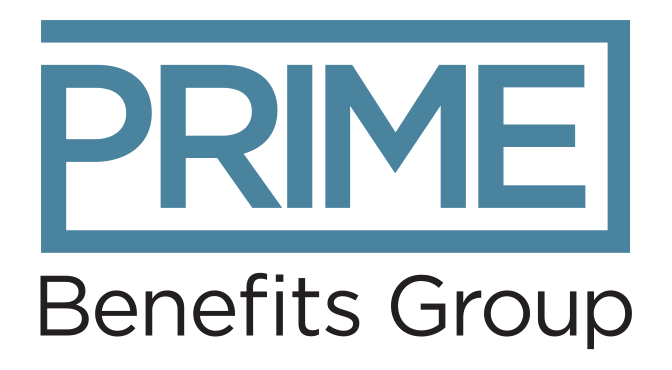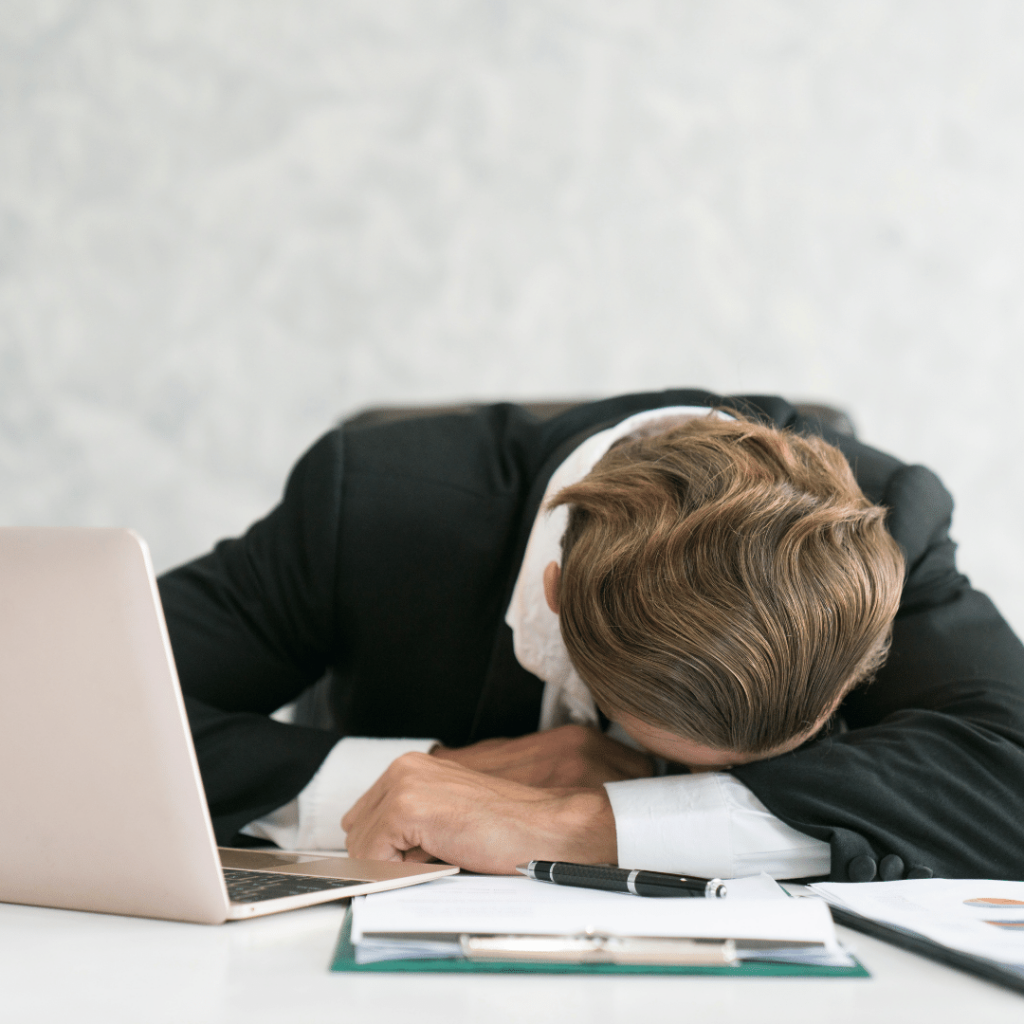- Have a question?
- 613-89-Prime (77463)
- 1-866-950-3667
- info@primebenefitsgroup.com
Understanding Coronasomnia and How to Prevent It


When we’re babies, we struggle with falling asleep. As we age, we find it harder to stay asleep and, as a result, many of us involuntarily become early risers. In our adult and working years, there are a host of factors that contribute to our sleep deprivation woes. Throw in a pandemic and we’ve now coined our lack of sleep issues with the catchy term, Coronasomnia.
What Causes Sleep Deprivation?
Many things contribute to sleep disorders such as insomnia. They include depression, anxiety, pain and hyper-arousal (heightened heart rates and body temperatures). Other sleep disorders include sleep apnea (breathing problems during sleep) and narcolepsy (a sudden onset of sleep during wakefulness), night terrors, and somnambulism, commonly referred to as sleep walking.
The effects of sleep loss show up during the day in the form of lack of focus, attention, and drowsiness. When we’re tired, we use up mental energy that could have been otherwise diverted to problem-solving and creativity.
When we’re tired, we’re likely to make more errors and are prone to feeling more irritability and vulnerable to stress. Being irritable and stressed doesn’t promote greater collaboration and teamwork.
These examples reflect a few reasons why employers are concerned about the impact of Coronasomnia within their workforce. With this in mind, let’s start with understanding more about Coronasomnia.
Coronasomnia?
COVID-19 has added more stress for people who might already be struggling with sleep deprivation. According to UC Davis Health, Coronasomia is a problem that is non-discerning and can effect anyone at any age. It is especially crippling for those who are fraught with increased levels of anxiety and worry.
The onset of COVID-19 meant more remote work and, in turn, changes in normal daily routines. These changes influence our sleep patterns and circadian rhythms. When our master internal clock is out of balance, it also messes with our digestion, eating habits and immune system as well.

When we can’t sleep we tend to worry more and the more we worry, the less we sleep and the pattern of this sleep deprivation cycle continues.
If you are interested in determining if you are sleep deprived, try answering the questions from this free self-assessment.
How to Prevent Coronasomnia
Recently, we published a digital version of a Remote Care Wellness Toolkit for our clients. This toolkit includes sleep hygiene tips. If this digital toolkit is of interest, please contact us at info@primebenefitsgroup.com to find out how to access a copy.
There are many things we can do to fight Coronasomnia. First, consider watching this 5-minute video on YouTube with Sleep expert Matthew Walker, neuroscience professor at UC Berkeley and author of the book, Why We Sleep. Dr. Walker shares five practical tips to help you get better sleep.
Additionally, it helps to:
- Determine if you are chronically sleep deprived (take the free self-assessment);
- Establish and maintain a normal daily routine and a going-to-bed ritual
- Turn down the lights 30 minutes before bed so that the hormone, melatonin, in your brain can be released and trigger the natural signal for sleep
- Try a hot bath just before bed
- Don’t use your bed as an office
- Make sure the bedroom is only associated with sleep — avoid screen technologies
- Find out if Cognitive Behaviour Therapy (CBT) might work for you to deal with stress and anxiety concerns. CBT offers an evidence-based program to help you relearn how to sleep.
- Get outside and soak up some sunlight and exercise
- Avoid eating a late dinner (after 7pm if you can help it)
- Reduce your intake of news and social media before bed
- If you can’t sleep, get out of bed and go to another room and meditate or read a book
These are just some of the many tips and resources available to promote healthy sleep habits, greater productivity and well-being. If you’d like a digital copy of our Remote Care Wellness Toolkit or other employee benefits-related information, please contact us at info@primebenefitsgroup.com. Let’s work together and create solutions that work best for you and your organization.